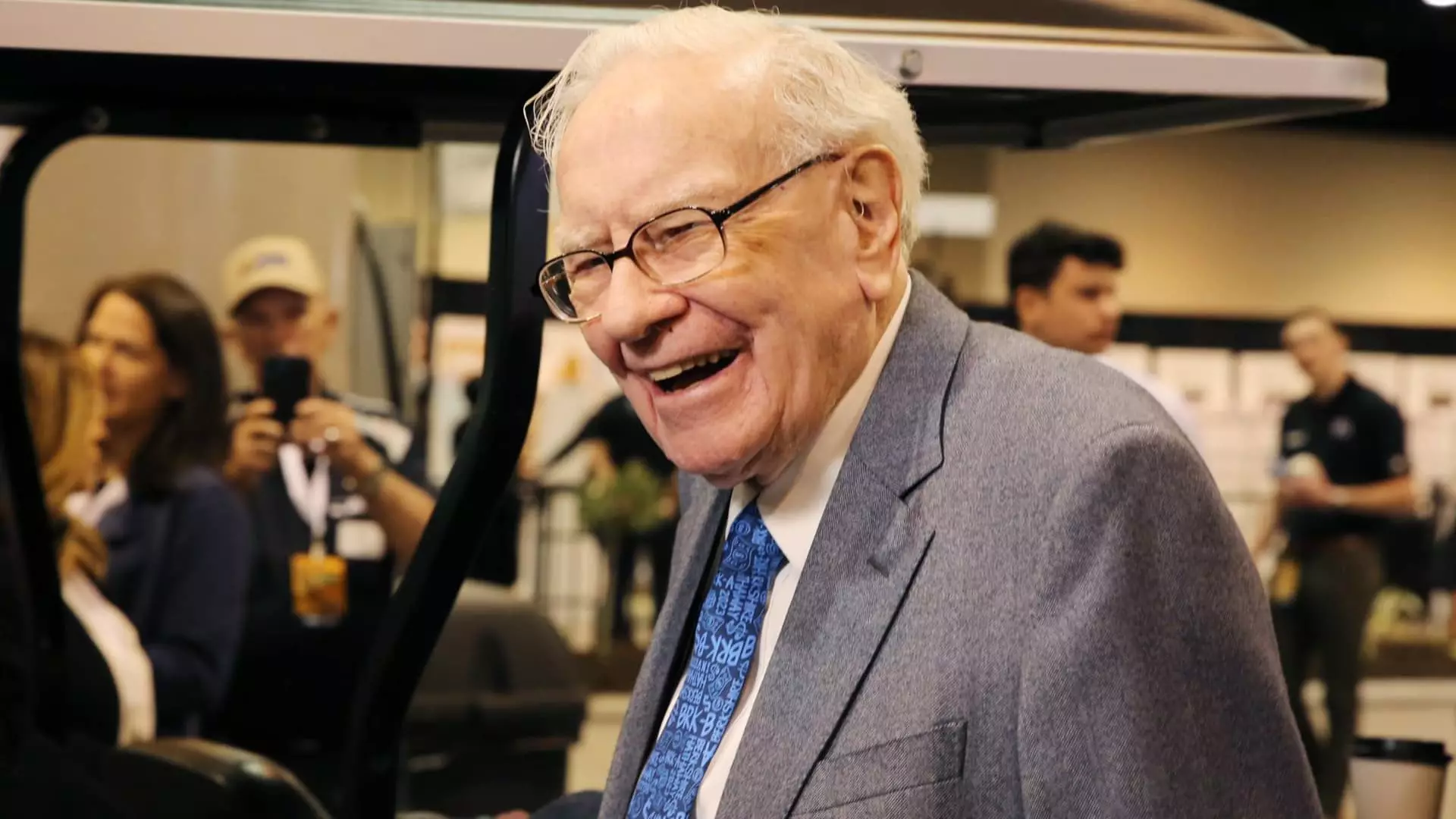Warren Buffett’s Berkshire Hathaway recently achieved a significant milestone by reaching a market capitalization of $1 trillion. This makes it the first non-technology company in the U.S. to accomplish this feat. The growth in the company’s value has exceeded that of the S&P 500 and comes at a time when Buffett is about to turn 94 years old. This achievement highlights the evolution of Berkshire Hathaway under Buffett’s leadership.
Buffett took over Berkshire Hathaway when it was a struggling textile business in the 1960s and transformed it into a diversified conglomerate with interests in insurance, railroad, retail, and energy sectors. The company boasts an impressive balance sheet and a substantial cash reserve, indicating Buffett’s strategic management style. Despite the company’s traditional focus on old-economy sectors, its significant investment in Apple has contributed to its recent stock market gains.
Buffett’s recent decision to offload a substantial portion of his Apple stake and increase Berkshire’s cash reserves to a record $277 billion suggests a cautious approach in light of market conditions. While Buffett is renowned for advising against market timing, his actions have sparked speculation among investors regarding his outlook on the economy and market valuations. The company’s increased holdings in short-term Treasury bills also indicate a conservative investment strategy.
Despite the uncertainties surrounding the economy and market conditions, investors have rallied behind Berkshire Hathaway, propelling its market capitalization to the $1 trillion mark. This raises questions about whether investors view the company as a bet on the American economy or as a reliable source of income in a turbulent macro environment. The company’s recent selling spree of Bank of America shares and positive second-quarter earnings have bolstered investor confidence.
Analysts project a positive outlook for Berkshire Hathaway, with expectations of further market value appreciation. Factors such as increased investing income and underwriting results in the insurance sector are contributing to this optimism. The resilience of insurance stocks following the pandemic and rising prices also bode well for Berkshire’s future performance. Analysts like Brian Meredith have raised their price targets for Berkshire’s shares, reflecting confidence in the company’s potential.
Berkshire Hathaway’s unique status in the stock market is evident from its high-priced Class A shares, which have never been split. Buffett’s rationale for maintaining a high share price is to attract long-term, quality-oriented investors who view their holdings as a form of savings account. The introduction of Class B shares in 1996 was aimed at accommodating smaller investors seeking exposure to Buffett’s investment acumen.
Berkshire Hathaway’s journey to a $1 trillion market capitalization underscores Warren Buffett’s transformative leadership and strategic decision-making. Despite uncertainties in the market, Berkshire Hathaway’s strong financial position and diversified portfolio continue to garner investor confidence. The company’s unique approach to stock valuation and investor relations further distinguish it in the competitive landscape of the stock market.


Leave a Reply